Seeking a PCP for the End of the World
On Enlightened Primary Care When Mainstream Medicine's Foundations are Crumbling
I want to start a virtual primary care practice, but I’m so busy with long COVID and Vaccine injuries that it doesn’t seem possible right now.
But, do we really need another primary care practice in America, let alone a virtual one?
Well many of my patients are fed up with or have fired their PCPs (or their PCPs fired them).
The pandemic exposed the seedy underbelly of modern medicine. Now there is a lot of healthy skepticism.
If they got mRNA shots and masks and social distancing, and everything else about the pandemic so wrong, what else have they gotten wrong (hint: almost everything).
My goal here is to explain what I consider an optimal starting point and way forward for a self-correcting (since we’re always learning) primary care practice, in the hopes that a practitioner reading this is on the same page as I am (or close enough) and wants to join me to launch this service and grow it for the 10s of thousands of patients we’ve seen at mygotodoc over the last 3 years.
To begin with I’ll describe the current state of primary care, which we need to change:
Primary care like all of medicine is captured by Big Medicine - primarily Big Pharma, but also Medical Device companies, medical testing companies (primarily labs and radiology, but also pathology), high priced proceduralists like surgeons, and middlemen like insurance companies that enable all the very high tech, high priced care and medications.
The capture is total and complete and extends to the very paradigm of health and illness that is instilled in med student’s minds: a simplistic, mechanistic model of cogs and wheels - enzymes and substrates, driven by DNA and RNA “software” templates, that can be adjusted and corrected by designer drugs.
The most highly capitalized studies in the biggest medical journals that are conducted within this paradigm might be able to uncover treatments of some limited utility, but unfortunately they’re either hobbled by their own designers if the drugs in question are off-patent, or statistically manipulated to ensure positive results for the latest, greatest high-priced drug darlings.
If they test a promising therapy for COVID-19 like hydroxychloroquine, they give too much and kill people - anything to avoid showing a cheap, widely available and safe (within its standard dose range) medication would work.
Same for IV Vitamin C trials in sepsis, but in that case too little was given (because too much probably would have worked even better) and it was started too late.
Same for a long list of safe off-label treatments that have come and gone and often been lost to the sands of time without big backers to push them out to doctors offices with their little enticements like drug company pens and pretty drug reps to chit chat with.
Getting back to the mechanistic paradigm: even if the entire universe is just clockwork, which I would venture is not something most people actually believe, missing is an appreciation of the sheer irreducible complexity and interconnectedness of systems and the likely impossibility of ever successfully modeling and understanding them.
We have created simplistic understandings of our own nuclear DNA and RNA, though there is much we still don’t understand even of that. That leads to a somewhat sophisticated understanding of our own biochemistry (though we don’t individualize this where an when we should). Then there's the mitochondrial DNA and RNA and biochemistry which are entirely separate, then there is the completely unmodeled DNA and RNA and biochemistries of innumerable organisms (bacteria, viruses, etc) that are deeply integrated into our body systems, to the point that it seems foolhardy to draw a clear distinction between them and us.
For example a recent experiment successfully transmitted Alzheimer’s disease from the fecal matter of a human into a rodent via stool transplant.
How is this possible?
Every system is deeply intertwined with every other system. The bacteria that are in your gut are in your brain as well. Healthy bacteria make for a healthy brain, unhealthy ones make for an unhealthy brain.
Same goes for every organ of the body.
But that’s just the start.
There are also the effects of our mind, thoughts and subconscious on our physical bodies. Mind-body medicine practitioners have been able to heal severe chronic illnesses including long COVID and vaccines injuries, chronic fatigue, psychiatric disorders, autoimmune diseases, and many more utilizing the mind and imagination alone.
One physician trained in NLP and as a medical hypnotist has been able to systematically and reliably influence the outcome of surgeries, cancer, infections, and many other illnesses that would not typically be thought of as amenable to suggestion.
His book should be required reading and should form the basis for a communications course required of every practitioner. He explains how simple word choices can mean the difference between creating nocebo and placebo effects in patients.
Too often it’s powerfully harmful nocebo effects that practitioner’s careless words create.
Then there are the effects of our lifestyle including our environment, lighting, sun exposure, grounding, outdoor time, the food/nutrients we absorb, our exercise and rest/sleep habits, our toxic exposures, and intimate relationships.
Radiant light energy, and electromagnetic fields more broadly, with their profound implications for human health, encompass a wide ranging topic worthy of its own Library of Alexandria.
And of course water is probably the most important foundational topic in all of medicine, if not all of biomedical science, of which physicians study absolutely nothing beyond its simple chemical composition.
All of the above and more leads to our state of health or disease, and most of it isn’t covered in the medical curriculum.
What is covered in the modern medical curriculum are lists of symptoms and the diagnoses they could indicate, the tests to determine what the diagnosis likely is, and the medications that can press the buttons we need to press to correct the abnormal tests or suppress the bothersome symptoms.
Almost never does the standard approach actually fix an underlying problem.
For example the symptoms of acid reflux are suppressed by decreasing stomach acid so the esophagus isn’t irritated by the refluxed contents of the stomach, even though increasing acidity would in most cases address the underlying problem of decreased acidity which makes the one way valve between the esophagus and stomach weaken and become a two way valve (hence the reflux), allowing still somewhat acidic and irritating food and stomach acid to hit the esophagus. So, counterintuitively, lowering stomach acid lessens symptoms, but worsens the root cause. Whereas fixing the root cause fixes the problem, so that the acid remains contained in the stomach (which is built to put up with it, since it’s required to digest food properly) where it doesn’t cause burning.
I know that was a convoluted explanation for a simple problem, but that’s what the mainstream medical system does, it takes something simple and overcomplicates it.
The solution offered by pharmaceutical companies is perfect for them because it creates lifelong customers for a high-priced product. Once it goes off-patent, hopefully a slight variation can be created to keep most customers on the hook at the previous inflated price point.
The solution offered by a functional medicine doctor might be to take a much cheaper product like betaine hydrochloride which simply increases the acidity in your stomach and usually solves the problem, as long as you keep taking it.
A more natural solution might be to increase acidity in the stomach in other ways, e.g. by changing what you eat (less refined carbs and rancid seed oils, more digestion stimulating bitters like dandelion and food ingredients ginger), how you eat: preparing your own food, chewing more, eating smaller bites and slower, and optimizing nutrients like zinc.
Mind body medicine could be brought into the loop as well.
Nutrition could be tweaked, weight could be lost, all the contributing factors that lead to a system breaking down could be corrected and then not just the presenting symptom resolves, but all the other systems that were under stress and might eventually have broken down, are brought back into balance.
If you need preventive meds, or have Long COVID or a vaccine injury and this approach speaks to you, then sign up at mygotodoc, where we help you prevent and heal from spike protein diseases with comprehensive protocols including targeted lifestyle change, supplements, herbs and safe prescription drugs like ivermectin.
If the correct approach is taken we not only solve the initial problem, we also end up practicing preventive medicine, because if you solve the problem in the right way you prevent future problems from occurring.
The right way means the most natural way possible.
Every organism has an optimal environment within which it will be optimally healthy.
Think of the fish in the dirty fishbowl.
We are that fish because of how we live and what we’re doing to our world - no, not the CO2, which is a plant food, but the actual dirty pollutants like “forever chemicals”, pesticides, microplastics, hormones, heavy metals, poor indoor air quality, fumes from furniture, toxic cleaning products, etc.
The solution for the fish in the dirty fishbowl is not to clean the fish bowl, it is to release it into the wild, in a clean pond, or even any old pond, since it will still be better than the fishbowl, which no fish is designed to live within.
Just so, we’re optimally designed for a lifestyle as close to nature and it’s circadian rhythms as possible.
So part of staying healthy will have to include a plan to get outdoors, get fresh air and direct sunlight, and since we can’t completely leave our fishbowls we have to mitigate the problems by minimizing toxic exposures and regularly detoxifying.
All of this may sound like naturopathy, or functional medicine, or alternative medicine, or whatever you want to call it - holistic medicine perhaps.
So how does that differ from an enlightened form of primary care, which is where we started?
Primary care physicians are generally conceived as generalist who keep an eye on the big picture, managing prescription drugs, coordinating between all other required subspecialists, regularly screening for problems, and trying to nip them in the bud.
In practice it primarily involves documentation and busy work, but the primary clinical work is medication management and reviewing lab work linked to those medications, since the people who make the most use of primary care are generally already chronically ill, or if they don’t conceive of themselves that way (all the better) they are nevertheless on a number of medications for things like diabetes, hypertension, asthma, high cholesterol, allergies, reflux, pain, IBS, etc.
The primary care doctor is paid less and less every year and asked to do more and more in the way of documentation and other busy work behind the scenes. They spend most of their time on the computer reviewing tests and images, other people's notes, or typing things in about their own encounter, and very little time looking at their patient or talking to them.
The primary care doctor is required to follow certain society guidelines and incentivized to meet certain care standards, like maximizing the number of people who have received their scheduled vaccinations, or who are on a statin, or who have had their regular cancer screenings. These care standards are usually linked to compensation and will only expand as time goes on.
So an enlightened primary care doctor would have the holistic perspective and approach I described while helping coax their already medicated patients back to optimal health while carefully weaning them off their multiple medications.
I also think primary care should throw out most of the standards written by captured medical societies, including statin prescribing and vaccinating. Even cancer screening needs to be a nuanced discussion of risk vs benefit taking into account data suggesting that in some cases it simply leads to unnecessary surgeries, chemo and radiation. For example a 10 year study of breast cancer screening compares screening mammograms to no screening and showed equivalent results in both arms, even though the active screening arm had more cancers detected and treated during the study, at the end of the study the outcomes were the same. The interpretation that makes sense to me is that the unscreened women developed a similar number of cancers that simply regressed and disappeared on their own. The screened women found all those temporary cancers and underwent various procedures for them.
So detecting some things early though it seems to be an unequivocal good in the case of cancer, may not actually be an overall good.
Still even with this explanation some people will choose screening over no screening, which is their prerogative.
But even after screening is decided upon there are nuances, e.g. many believe that mammograms are dangerous and thermograms should be used instead. There are very early screening modalities like the Galleri test for cancer, that may become more important due to spike induced immune dysfunction. And the earliest pre-cancer screening tests would look at metabolic health and immune function.
As far as statins go, there are significant risks to their indiscriminate overprescribing. They seem like a home run for someone with genetic disorders like severe familial hypercholesterolemia, but a big net negative for most others given their miniscule detectable benefits (aside from billions for Big Pharma) and documented harms, like the 2% risk of developing diabetes, the mitochondrial dysfunction and dementia risk.
All that in the context of the underlying theory of cholesterol causing heart and vascular disease having now been sufficiently disproven.
Cholesterol is complicated and we can make it much more complicated with advanced testing not usually done in a typical doctors office, e.g. the fractionated lipid panel and lipoprotein (a), among other tests, but it’s not entirely clear there are any hard and fast rules for determining whether a particular result is ultimately “good” or “bad”.
Vaccines are a big topic, and suffice it to say that I wouldn’t recommend any at this point in time.
But here’s the really big problem with primary care and modern medicine generally:
I think 99.9% of conventional medical treatments are just worsening the underlying problem, which leads to proliferation of disease, though it seems to lessen symptomatology in the short run.
There is an underlying problem like the example of the acidity in the stomach, and the mainstream approach is to suppress the symptom or deal with some downstream issue, rather than the real upstream issue.
Here’s a metaphor for the laypeople using a stream to illustrate:
If there is a boulder that has fallen down a mountain and completely diverted a stream, conventional medicine will focus on a struggling farm 1000 miles downstream that depended entirely on that stream for water and is the first symptom manifested by the change in the stream’s course.
It will increase the fertilizer and sink a deep well and pump up the groundwater, and reconfigure the irrigation system and do many complicated things so the farm starts producing food again, but it will ignore all the other seemingly less important issues cropping up along the rest of the course of the stream.
Of course it could have simply removed the boulder and saved a lot of time and effort and complexity and money, but where's the profit in that?
Meanwhile problems will be cropping up elsewhere. There will be places that are flooded and therefore prone to death and disease of flora and fauna, and other places entirely without water, leading similarly to death and disease. The entire landscape that had grown up along with that stream will be harmed and altered, and eventually the entire ecosystem will shift and cause wide scale problems that worsen with time.
The symptom or disease that a patient presents with is just a sign of what is wrong, it is not the problem itself.
Fixing the symptom or disease no matter what, in the most profitable or convenient way possible, will usually cause other diseases to develop both because the initial problem hasn’t actually been fixed, but also due to knock-on effects of the jury-rigged solutions.
The aquifer under the farm will be drained which will have its own negative impact. Pumping the water out of the ground requires energy and infrastructure, it might contribute to pollution due to burning coal, or require extraction of rare earth minerals to power solar panels. Adding fertilizer to boost output will lead to overfarming the soil.
If we create artificial solutions to natural problems, we also create many unintended consequences.
There is an inherent wisdom in nature, and if we work with it everything becomes easy. If we work against it we create a lot of turbulence that eventually becomes a full on storm and in the worst cases can destroy us.
The other way I try to explain this perspective is with a simple outline of receptor-drug interactions.
Say someone has high blood pressure. We identify a number of receptors in cells that if triggered will lower blood pressure. So we give a drug and the blood pressure comes down.
Next the body removes some of the receptors, because it had the blood pressure set higher for a very good reason (this down regulation of receptors is an automatic cellular function to maintain the desired set point of any system).
Now with fewer receptors we have to raise the dose of the drug.
The cycle continues, receptor numbers drop, drug dose goes up.
Eventually the first drug doesn’t cut it anymore. There is a limit to how much we can raise the dose before the “side effects” or toxicity become unbearable.
So we move on to the next receptor we can target and play the same escalation game again with a different drug.
No wonder we see 80 year olds on 7 different maxed out blood pressure medications and their pressure is harder than ever to maintain.
I would argue this is the rule in medicine. Almost everything we do essentially works this way.
Blood sugar, cholesterol, allergies, asthma, autoimmune disease, kidney disease, heart disease, arthritis, chronic pain, all of psychiatry, etc.
It’s a foolish, childish, asinine approach to disease care.
It seems to help in the short term but worsens the underlying disease process over time.
But you can’t quit this cold turkey, you have to deescalate gradually.
And that’s where enlightened primary care comes in.
Stop escalating, deescalate instead and start encouraging lifestyle optimization bit by bit. Ideally loop in a group health coaching program, like mygotodoc’s Lean Vitality.
Almost always avoid antibiotics (very high dose oral vitamin C works for every infection I’ve tried it on, from COVID to a tooth abscess).
If treatment is needed, start with supplements and herbs first because the more natural a product the more balanced it is likely to be, and only later move on to prescription drugs if necessary.
Default to older drugs with well proven safety and efficacy profiles, instead of the new kids on the block that are almost always worse and almost entirely marketing fluff.
Double check that there isn’t something simple that can be tried before moving on to the more complicated or more likely to cause side effects.
Start everyone with mind body medicine if they are willing (my favorite is the comprehensive Lightning Process seminar by Phil Parker, but people can dip their toe in the water with apps like The Tapping Solution, and other approaches).
Alongside or after mind body approaches simple lifestyle tweaks can have tremendous effects.
For example studies have shown that a few minutes a day of regular Kegel exercises are as effective as Viagra. It’s hard to believe and yet there it is. On the same topic regular massage to release the tight bands of muscle that develop in the hip adductors on the inside of the thighs can also relieve erectile dysfunction after a few weeks of dedicated work.
Sometimes medications just aren’t needed:
A study showed that antibiotics vs no antibiotics had the same outcomes in community treatment of pneumonia. Hard for most to swallow and yet there it is.
Many studies have shown the same outcomes with or without antibiotics for ear infections, pink eye, sinusitis, and bronchitis.
The risks of antibiotics are high (you could inadvertently wipe out something you really needed) and they are almost never needed.
The risks can perhaps best be explained by beginning with the benefits of our healthy bugs (that we know of):
Healthy bacteria in and on your body are an important part of your immune system, help you maintain a normal weight, metabolize some nutrients for you and make some vitamins for you that you can't make yourself.
They are involved in maintaining bone density, they produce neurotransmitters, steroid hormones, activate thyroid hormone and produce their own antibiotics to fight off invasive “bad bacteria” that can cause infections. They can also affect bile salt metabolism.
If you lose them to antibiotics, acid suppressants, steroids or painkillers, you could gain weight, develop micronutrient deficiencies and have lower immunity to infectious diseases.
Long term alterations in healthy gut bacterial populations are associated with a host of chronic diseases including cancers, heart disease, obesity, diabetes, autism, depression, allergies, asthma, autoimmune diseases, IBD, MS, Rheumatoid arthritis, Liver disease, Lupus, Alzheimer’s dementia, and Parkinson's disease.
We don't know if changes in healthy bacteria are part of the cause of these diseases, an effect of them, or both, but the safest course of action is to minimize antibiotics and other drugs with antibiotic-like effects listed above, as much as possible, because current research shows that it can be impossible to replace the important bacterial species you may lose.
Probiotic supplements are often thought to be an easy fix, but they contain just a handful of species, compared to thousands of species in a healthy human gut, so they are not meant to replace what is lost and even if we could tell what needed replacing, probiotics usually just travel through your system in a couple weeks and don't remain in your gut long term anyway (unless they get implanted along with stool from someone else, but there’s no place to actually get that done).
Also currently there are few if any probiotics designed for other areas of the body outside the gut, like the nose and sinuses or skin and upper airways.
Another example that obviates the necessity of antibiotics in the first place: in my experience a simple sugar called D-mannose is as effective as Cipro for simple UTIs. It just interferes with the ability of e-coli to adhere to the bladder wall. E-coli accounts for 90% of UTIs. There are other natural approaches that work as well as antibiotics for the remaining 10%, assuming they don’t just get better on their own, which seems to be the usual case, since D-mannose appears to work much more than 90% of the time.
Here’s an example of a condition that doesn’t require standard care, with its many side effect risks (including the antibiotic effect of painkillers), but which can be successfully treated with alternative approaches:
Dr Shankara Chetty saw a 100% success rate for a single steroid injection in the neck for typical migraines in a case series of 1000 patients. Better than taking medications or suffering for years, but if that’s not available there are many other solutions, e.g. some patients discover their migraines are actually due to histamine, or food/chemical sensitivities or that they are responsive to acupressure with a medical device or acupuncture.
Another one: many if not most cases of asthma may be due to disordered neurological breathing patterns and can be retrained with programs like Buteyko breathing.
There’s more:
Cytotoxic chemotherapy has an overall efficacy rate of about 2% (the study is older, but cancer care has not improved outside some edge cases), but I know a naturopath who consistently beats cancer with aggressive detox and green juicing protocols. The FLCCC has published a guide to promising off-label cancer care medications like ivermectin and mebendazole.
A very common presentation in primary care, that is amenable to lifestyle, and supplements:
It seems crazy to recommend diabetics eat plenty of carbs. Metabolism can be repaired for most diabetics, but it generally starts with low or no carb, getting rid of visceral fat, optimizing health and nutrition and lifestyle and then slowly reintroducing carbs at the end.
A common wemen’s health issue that may require therapeutic “bloodletting”:
Women who have been menstruating their entire lives who suddenly stop menstruating at menopause or for other reasons, may need to donate blood occasionally to optimize their health (men may need to as well. Both sexes if they eat a lot of red meat). Blood and plasma donation are good ways of detoxing from various chemicals and biotoxins, but also from too much iron. One review study showed the many illnesses linked to higher ferritin levels.
If patients aren’t willing to make lifestyle changes, there are often herbs that work better with fewer sides effects than dangerous drugs:
IBS and IBD are widespread nowadays, a simple three herb combination from India called triphala taken at the right dose can usually correct both the constipation and diarrhea predominant forms of these illnesses.
Individualized nutrition optimization is important, but there are some basics that almost everyone needs to focus on like Vitamin D3 levels and Magnesium supplementation. A significant subset of the population has methylation abnormalities and needs to optimize methylation, of which homocysteine is a simple initial functional marker.
Research shows lifestyle factors alone account for the vast majority of chronic disease. The best way to make progressive healthy lifestyle changes is in a group coaching program. Tiny changes compound over time and lead quickly and effortlessly to larger changes. Lean Vitality is mydotodocs signature general lifestyle change program.
Rebalancing hormones is an easy out in many functional medicine practices, as well as men’s and women’s health practices, that often helps people feel better immediately, but just revs the engine faster than it wants to go.
If all else fails it should certainly be on the list of options, but I would dig a lot deeper before resorting to hormone replacement for most people, and if they don’t want the deep dive, then an argument could be made that the benefits probably outweigh the risks since there are known diseases and risks associated with low hormone levels.
I just worry about the unknown and at this time unknowable risks of long term replacement.
Along those lines there are many side effects and outright diseases that stem from hormonal birth control, whether used as birth control, or as treatment of PCOS, or something else.
The list is long, but it’s worth presenting as a case study of the risk of conventional approaches to “health”:
Hormonal birth control increases the risk of breast cancer (from the normal 1 person in 8 risk of developing cancer to a 1 in 5 risk, this would be even higher if you have a family history of breast cancer or a breast cancer gene like BRCA, which should be checked before starting hormonal birth control), heart attack and stroke, migraines, gallbladder or liver disease including tumors, hypertension, weight gain, candida (fungal/yeast) overgrowth, bacterial vaginosis (especially from Skyla, Liletta and Mirena progestin IUDs), mood changes including anxiety and depression, increased risk of clotting (even higher if you also smoke, have a family history, are obese or don’t get much exercise or have genetic risk factors like Factor V Leiden or Prothrombin gene mutation - should both be checked before starting birth control), nutrient deficiencies (zinc; vitamin B6; B12; B2, which is riboflavin; magnesium; selenium; vitamin C; folate, which is B9), gut dysbiosis which can lead to leaky gut which can in turn lead to autoimmune diseases like Hashimoto's thyroiditis and others, detoxification issues, and adrenal fatigue among others.
This is a good time to note that the greatest risk of conventional treatment is not that a side effect occurs, but that it is not recognized, and instead becomes added to the ever growing list of complaints a patient has, and might even trigger a new medication to treat it.
And one more common complaint that often just gets an over the counter bandaid:
Fungal rashes may be an indication of deranged blood sugar metabolism, and often warrant a deeper look.
If it’s just a one-off problem they are easily treated with topical tea tree oil and other antifungal essential oils that can be mixed up with a base cream so as to be far more potent than any prescription medication.
Fungal infections of the toenails are notoriously difficult to heal and require prolonged courses of treatment. One study showed double the usual efficacy of treatment (80%), whereas it’s common to have 30-40% resolution rates with standard treatments) when combining an antifungal medication with tea tree oil (I wouldn’t be surprised if high concentrations of tea tree and other oils, along with filing down the nail, achieved the same or better efficacy alone).
In general I wouldn’t treat numbers in a test - i.e. the traditional admonition you may have heard in med school or residency to treat the patient, not the test, but which has mostly become just empty and meaningless lip service.
If we can correct the symptoms and illness without the numbers all going back to “normal” that’s better than forcing the number back for no reason other than that most people's numbers are in such and such range.
So to sum up, I’ve gone through just a few examples that came to mind of alternative approaches that can often solve common problems easily rather than covering them up or causing more problems from knock-on effects.
I’m not saying these are the optimal approaches for any of these problems for a particular patient, or maybe even for any patient, but I think they fall into a framework of choosing the safest solution that I can find for a given problem, if an immediate solution is required (a lot of things go away if you just give them some time, and most things that don’t can be solved if someone is motivated enough with mind-body and lifestyle medicine).
Finally, the PCP service I envision would be very well-compensated at a rate similar to highly paid specialists rather than the typical primary care physician, while still remaining affordable for patients. This would attract the necessary expertise and commitment to primary care, which is lacking in general primary care, which is typically one of the lowest compensated specialties, since insurance based compensation favors surgical procedures.
the practice would be a cash pay, monthly subscription model with a cap of about 600 patients per doctor, allowing very short wait times, more than enough time to connect in relaxed 30-60 minute visits with email followups, and time left over outside of visits for any necessary research and continuing education, as well as regular virtual town halls with all the patients invited to help create a sense of community.
Support staff would include highly trained medical assistants to handle all the non-clinical busy work along with expert front and back office staff devoted to making the doctors life easier and making the patient experience exquisite. We would aim for a ramp up time of 6-9 months to fill up the practice, since onboarding visits will be longer than followups. There might be a couple tiers to allow even more time with the most complex patients, while offering a lower cost option for those who don’t need as much care. We could probably accommodate a part-time physician’s practice of 100-300 patients as well.
Removing the insurance middle-man and going direct to patients means the care itself is both far better quality and cheaper overall.
Direct cash based primary care doesn’t require the overwhelming amounts of paperwork demanded by insurance companies to prove you did the work you should be paid for. This removes much of the practice overhead and allows doctors to make more.
Patients are not used to paying a monthly fee for primary care, but when they realize the tremendous difference in value received it’s a no brainer, especially for those who are getting older and really want to stay healthy. It’s kind of an everyman version of concierge care, but cheaper.
When done right (requiring patient buy-in and participation) most patients can get off their regular insurance plans and onto a high deductible disaster plan, where they actually end up saving a lot of money on monthly premiums since they no longer need all the usual high priced routine care mainstream physicians prescribe - these savings more than cover the monthly subscription fee for the primacy care practice.
So I know all that’s a tall order, but if you’re a medical practitioner and this sounds like what you believe in and how you want to practice, and you’re passionate about doing your own research and learning as you go, then reach out to us at mygotodoc.com so we can change the course of history together.
It sounds like a cliche, but the first step in healing really is education. Education does two really important things:
Number 1. It teaches you why what you are already doing is actually so good for you. Knowing and understanding the reason why something works, even if you’re already doing it, strengthens the placebo effect that accounts for 30-50% of the healing benefit of any therapy.
Number 2: It teaches you things you didn’t know already and opens up whole new vistas of health and healing.
If you want to learn more about spike protein diseases, there is no better place than the most watched Spike Summit on the planet, with over 60,000 registered viewers:



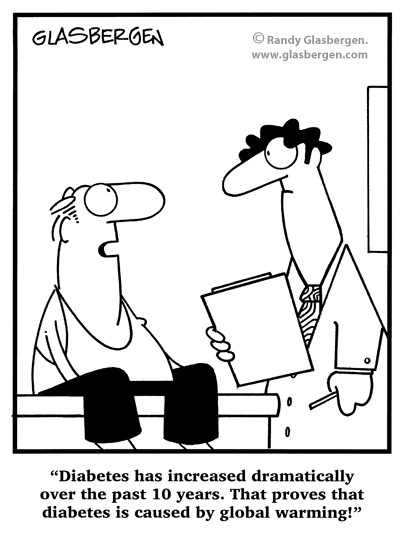
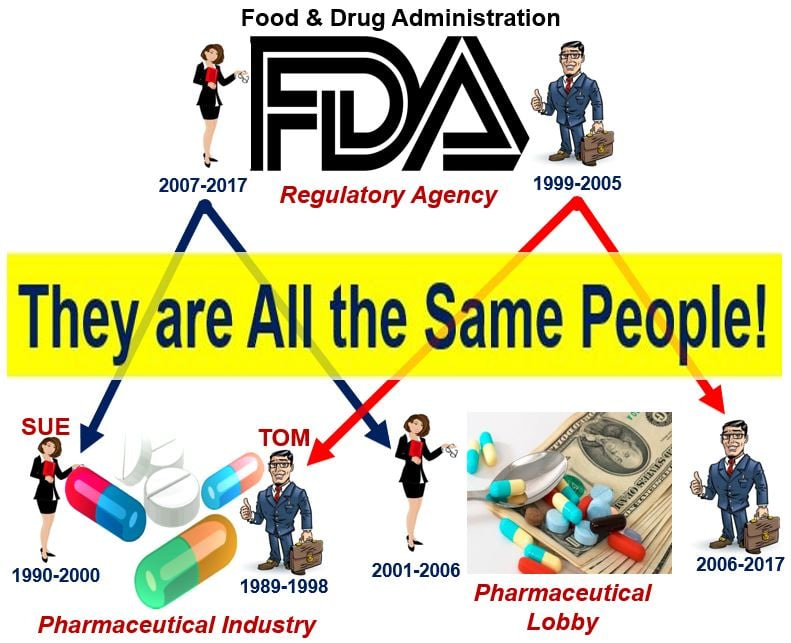




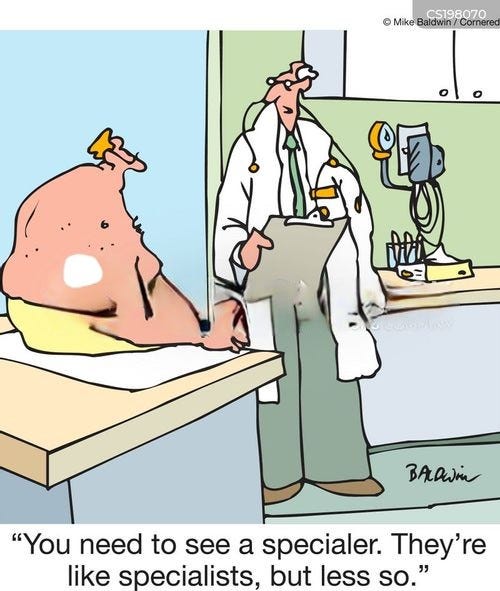



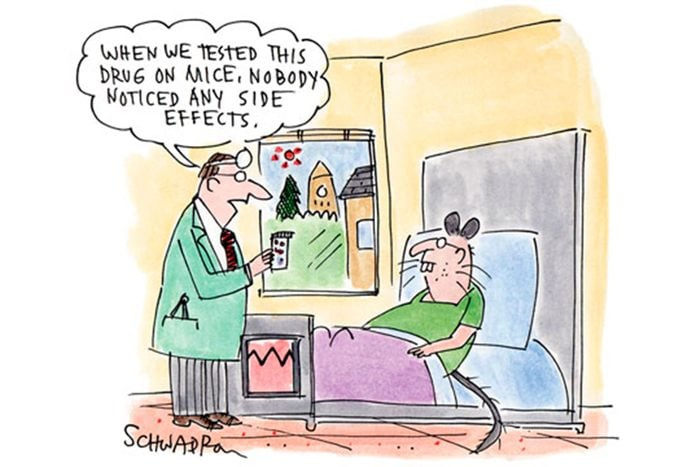




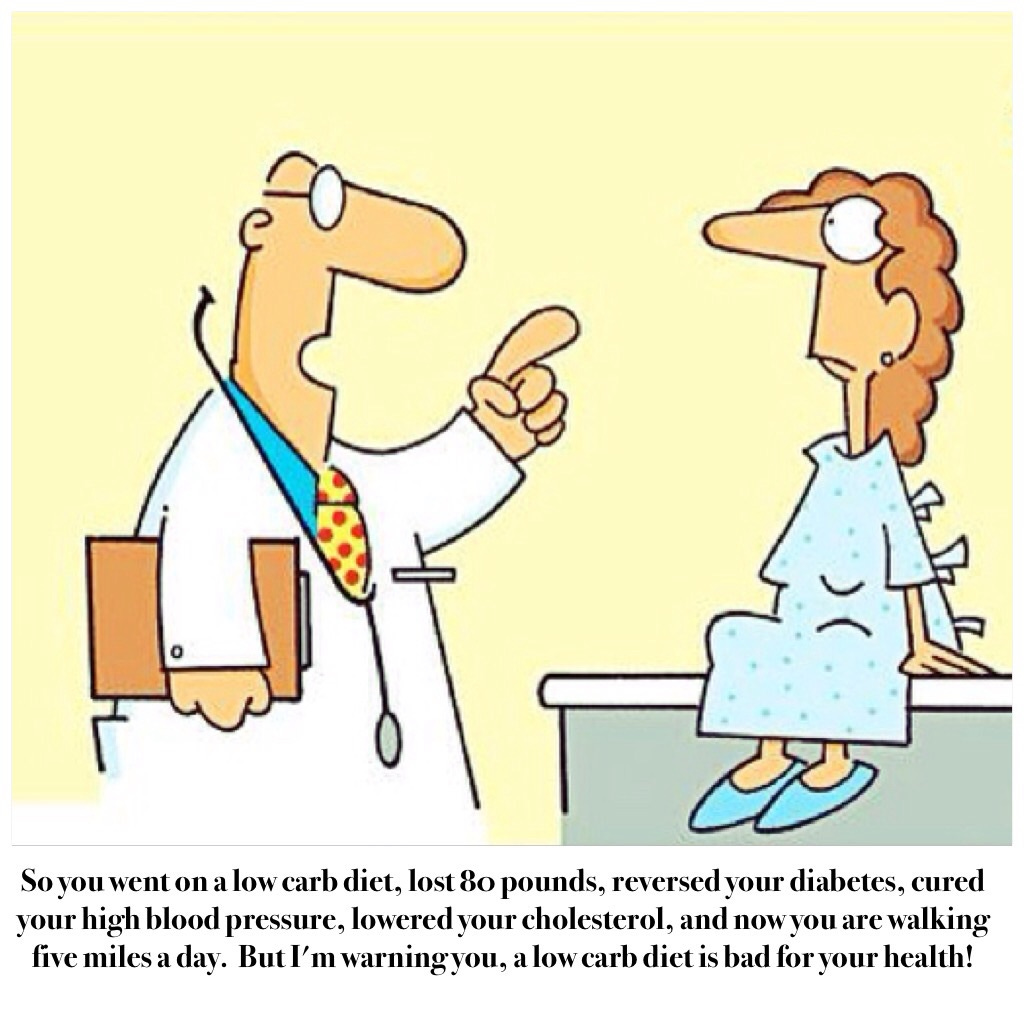

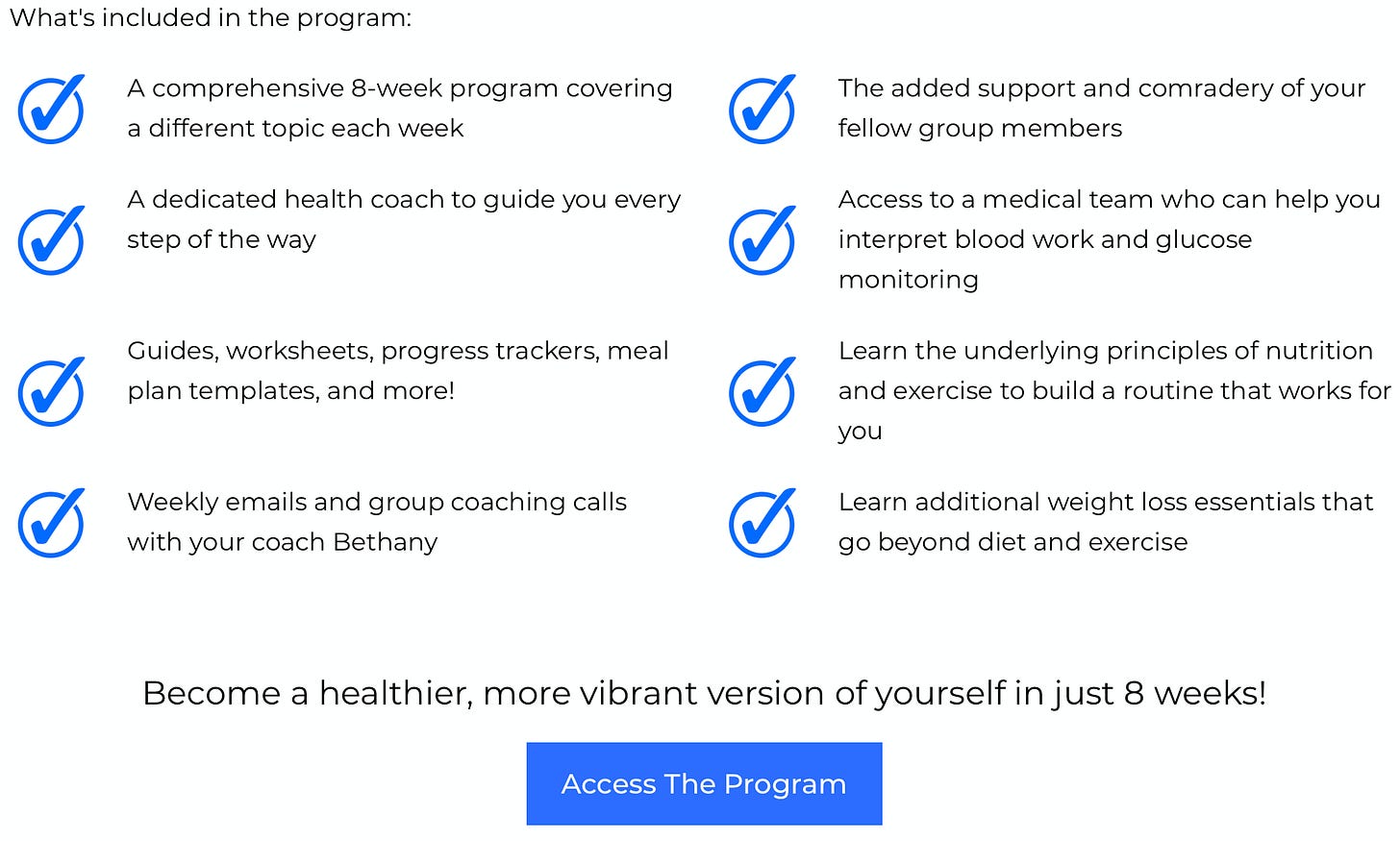
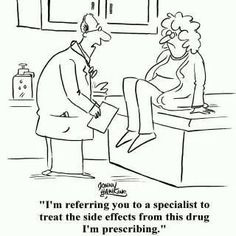
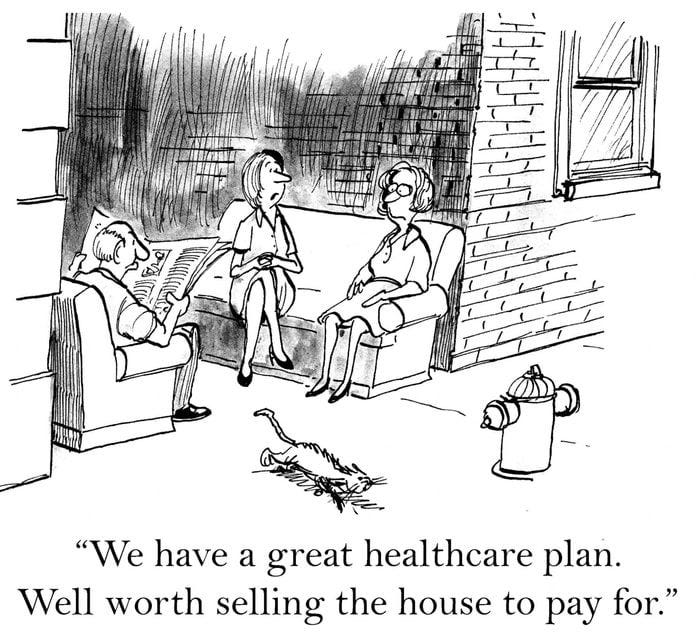

I have been looking for a PCP who is integrative, holistic, nutritional, and functional for the past 3 years. I fired my PCP when I had covid (Delta) and he refused to prescribe ivermectin and told me to go to the hospital if I had trouble breathing. I am more than ready to sign up if and when Dr. Haider opens his practice.
Amazing article. Dr. Haider is and has been a powerful voice over the past three years.